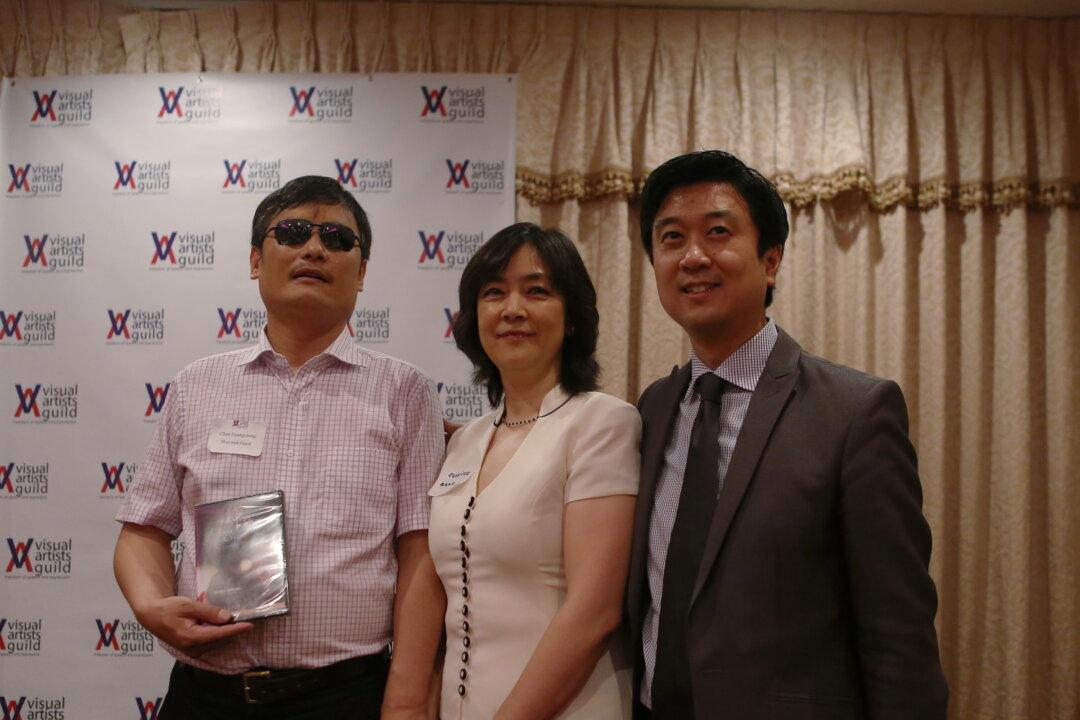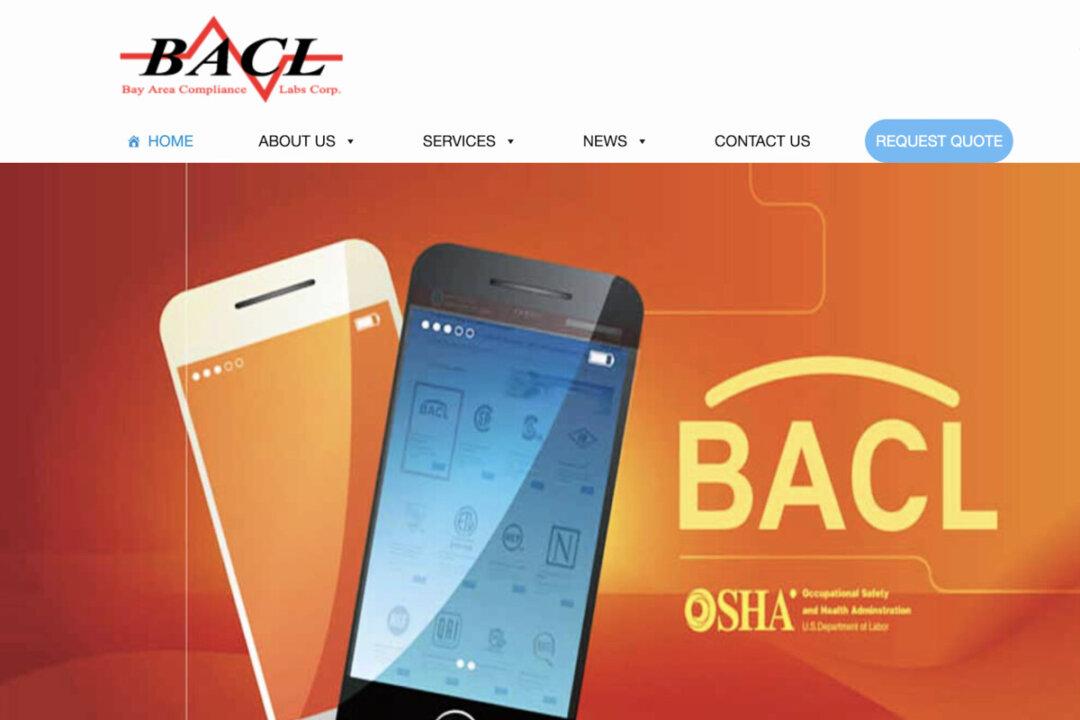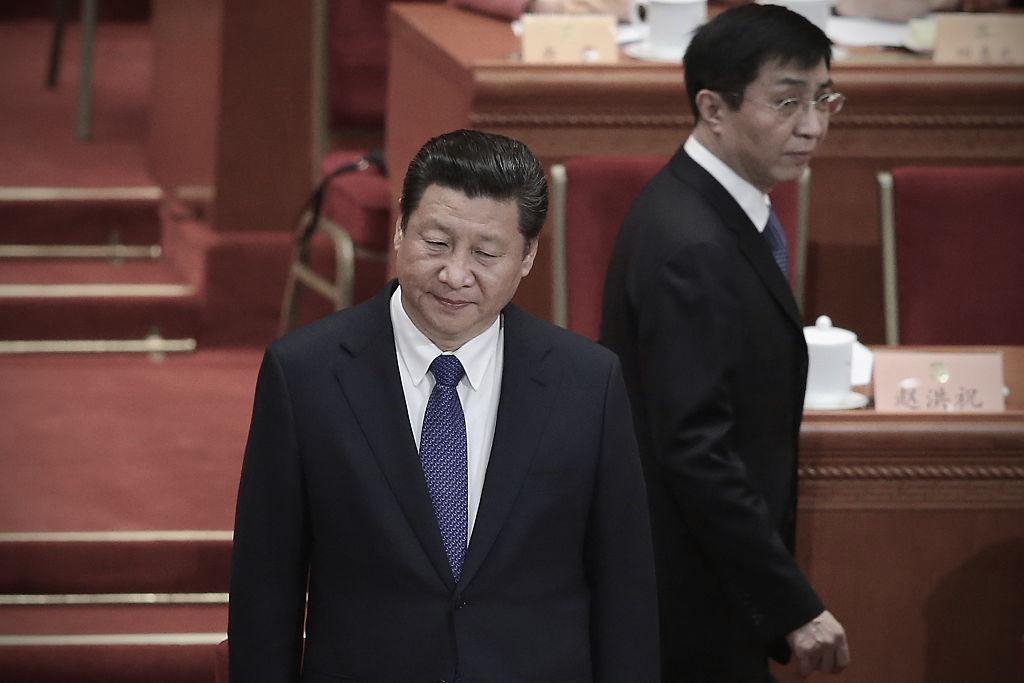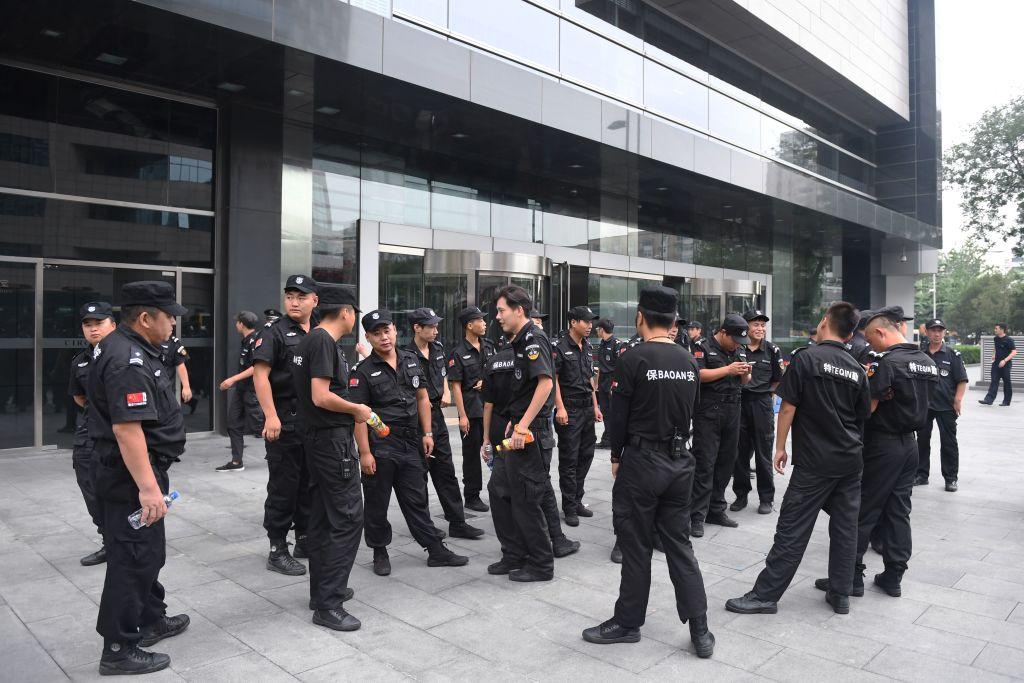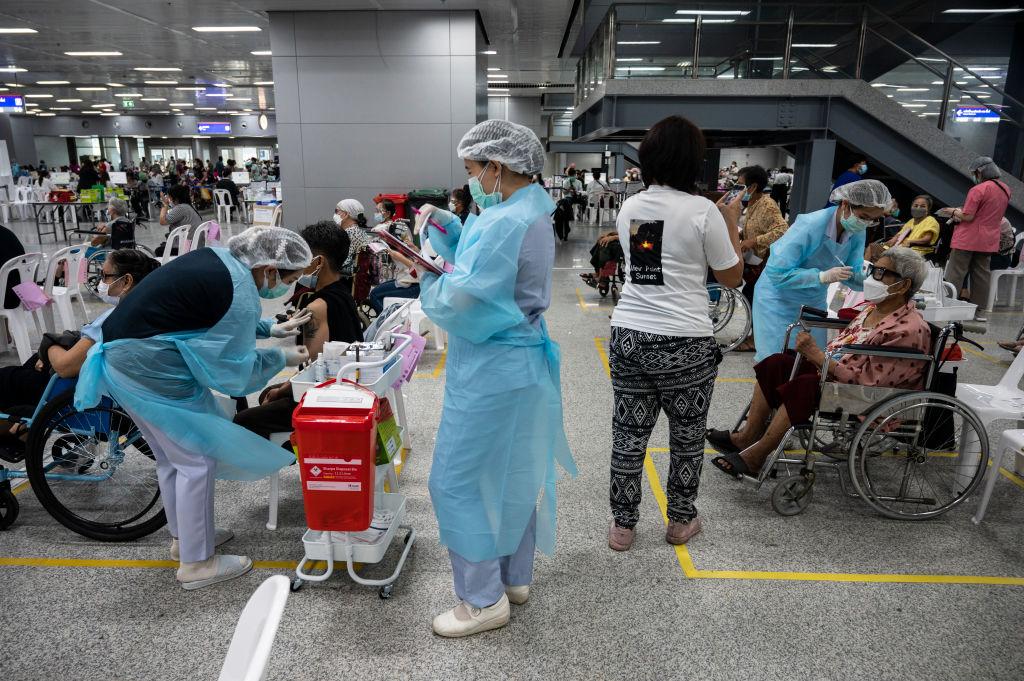In early December of 2014, as one of the main characters in the award-winning documentary, “Free China: The Courage to Believe,” co-produced by New Tang Dynasty Television (NTD), I was invited to Taiwan to appear at the theatrical screenings in four different cities. The schedule was very tight, as I had to travel to all the cities within three days.
The first two screenings at Taipei and Taichung were quite successful. Hundreds of people attended, most of them young fans of Ben Hedges, the host of NTD’s popular program ‘A Laowai’s View of China And Taiwan’. The audience responded warmly to the film, and was quite shocked to learn to what extent the Chinese Communist Party (CCP) persecutes Falun Gong practitioners, a persecution that extends to murdering them for their organs. As Taiwan had just finished its local elections, with the Nationalist Party (Kuomintang) suffering a major defeat, many audience members asked questions about the CCP. Some kindly invited me to their universities to give lectures.

